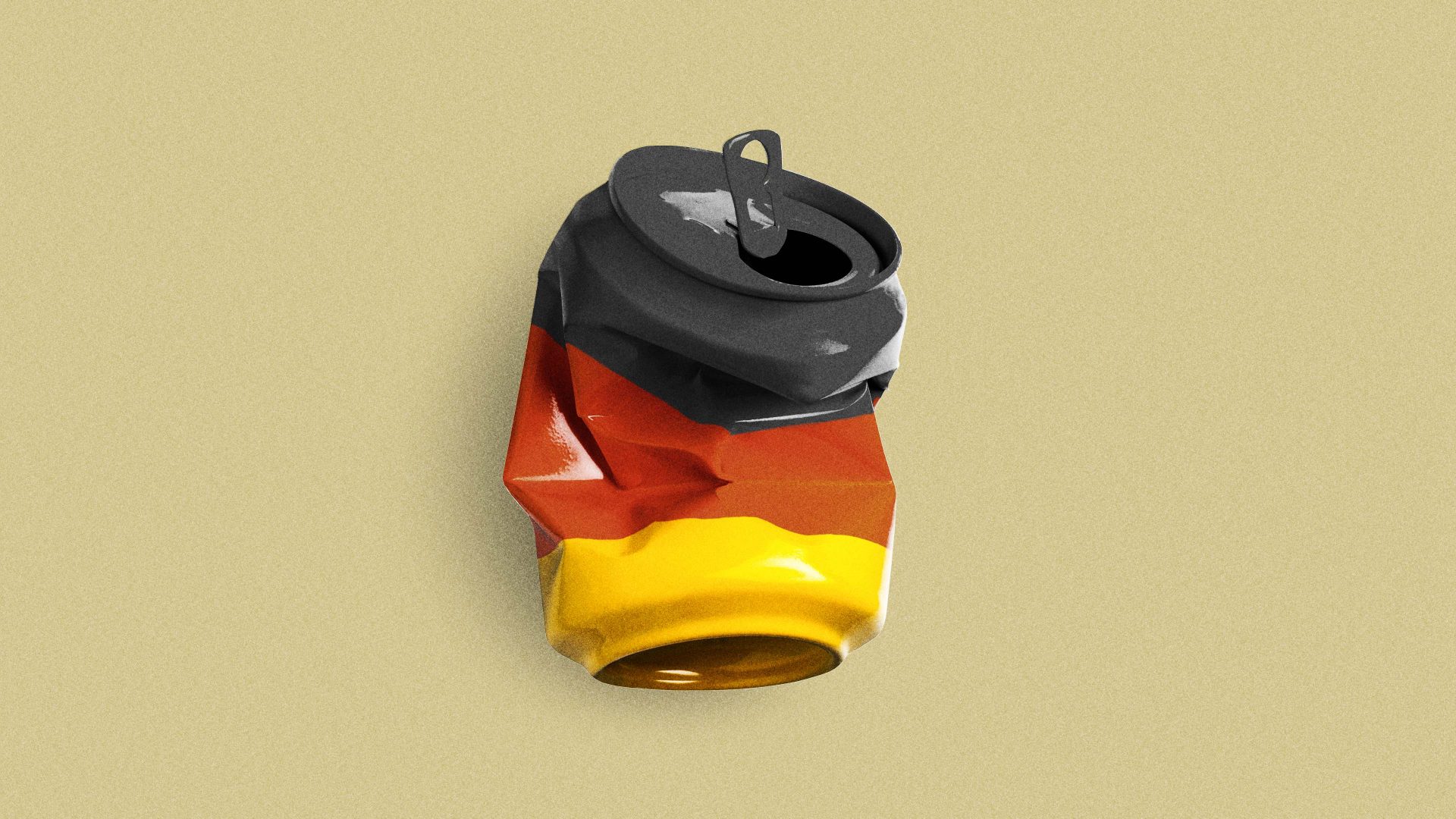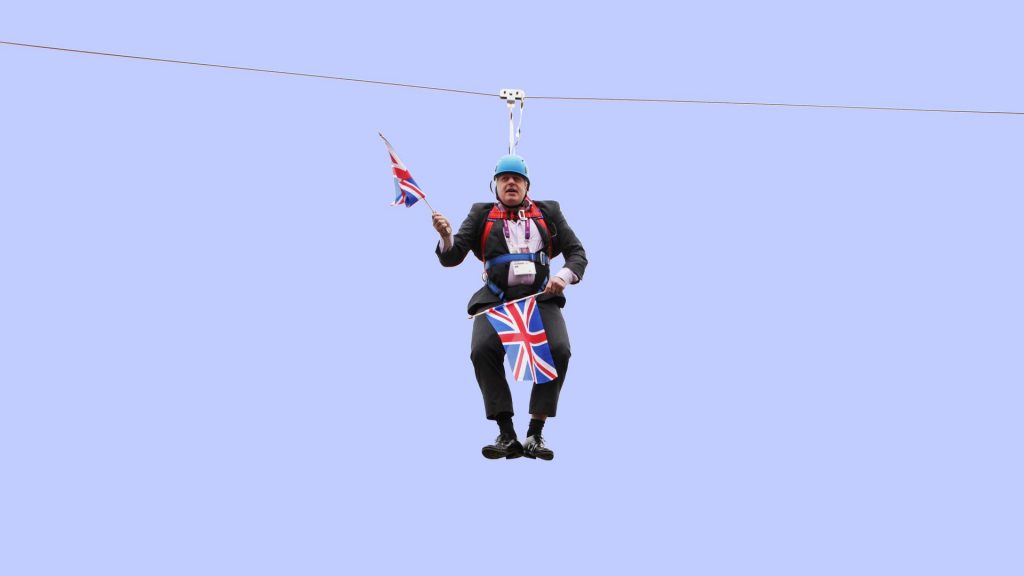I can’t vouch for the rest of this edition of TNE, but this column has definitely NOT been written by the artificial intelligence chatbot ChatGPT. Yet I did, however, ask it to help me Kraut-source some ideas.
The bot’s first suggestion was: “German Efficiency and Punctuality – Germans are known for being very efficient and punctual, and this permeates many aspects of German life.” Our current reputation still very much rests on past accomplishments, it seems. Long may that last, because I am writing these lines on the day of a nationwide public sector warning strike. The country is paralysed.
And there may be more strikes to come, you know what that means from your own experience. Good luck to us all for the Easter holidays.
Even without strikes, German national railways currently have the lowest Pünktlichkeit (punctuality) ever. 2022 hit a historic low with only 65% of trains on time – 10% less than 2021. “On time” is defined as “delayed by less than six minutes”, proof that German efficiency has expanded to the field of misleading statistics.
ChatGPT seems to have been misled, too, as the second suggestion it came up with was: “German Recycling – Germany is famous for its recycling efforts, with a recycling rate of around 67%. You could investigate how the system works and why it’s so effective.”
It isn’t, I reply.
ChatGPT: “Yes, Germany’s recycling system has its challenges. While it has a high recycling rate overall, the rate for plastic packaging is at around 45%.”
Again, it isn’t. Unless you define recycling the same way German railways define punctuality.
Out of around 5.2m tonnes of plastic consumer waste in Germany, nearly two-thirds is “recycled as an energy source” (burned by the energy-hungry cement industry). 0.74m tons is exported (that does count as recycling…), which end up burned or in the ocean. Germany is Europe’s largest plastic exporter, followed by the UK with 0.48m tons.
Only 0.81m tons of German plastic waste is reused, often for subsidised products from shredded plastic, such as railway sleepers.
A rule of thumb: paper, glass and metal recycling does indeed work well in Germany. You will not find beer or coke cans littering in the street because there’s a Dosenpfand (deposit) that’s the equivalent of up to 22p. But with plastic, despite spending billions on “recycling”, it is still only PET plastic bottles that have an actual recycling value.
It’s like Liz Truss. She was obsessed with weather reports during her final days – it just didn’t make her a good forecaster.
Same with us: Germans learn the science of waste disposal from the moment they walk. Since 1991, when the so-called Grüner Punkt (green dot) first marked packaging materials, there’s been a national obsession with Mülltrennung, separating rubbish into black (general), blue (paper), brown/green (bio) and of course yellow bins or bags called Gelber Sack (plastic, metal).
Yet analysis shows that people get it wrong all the time, prompting news reports titled “Chaos in the Bins”. Plus, many German households still waste natural resources by washing yoghurt cups before placing them in the yellow bag. And forgetting to take off the aluminium lid and throwing it in separately to help the sorting machines.
Recycling lovers in front of large glass-disposal containers are still unsure about where to throw their blue prosecco bottle – not into the clear glass container obviously, but should it be the green or the brown one? Correct answer: green (where green bottles can be mixed with up to 15% different coloured glass).
You didn’t know this? Well, we only do, if we do, because public broadcasters and politics go a long way to educate us. I was recently informed that my practice of throwing small receipts into the paper bin is basically a crime against humanity.
Receipts are usually made of thermal paper, the chemical Bisphenol S creates the black writing. As Altpapier (recovered paper) it may well end up in toilet paper (coarse grey, forced upon school children) and thus in the water cycle, disrupting our hormone cycle.
See! The devil is in the detail.
Which brings me back to statistics. We obsess about separating waste but produce more and more of it. Only Denmark, Malta and Cyprus have more general waste, but when it comes to packaging waste we are on top, with our numbers rising.
The UK is one of the few countries to have lowered its waste rates since 2004 – unless of course, you are throwing away the statistics, too.




